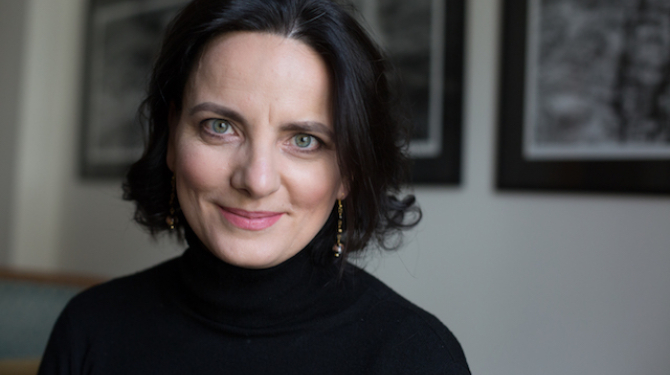This first edition of the Cryptoassets Law Over Borders Comparative Guide gives a practical overview of the law regulating cryptoassets in key jurisdictions around the world....
| 3mos
| 3mos
This first edition of the Cryptoassets Law Over Borders Comparative Guide gives a practical overview...










